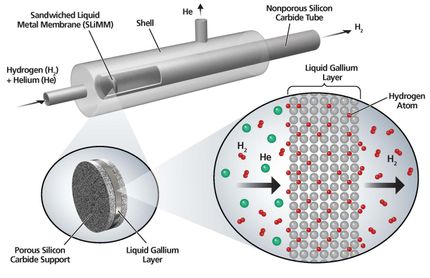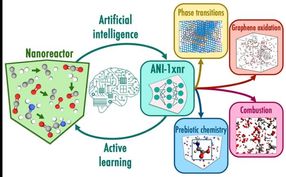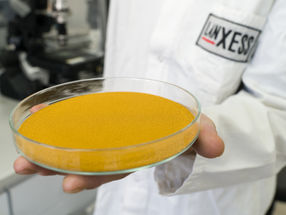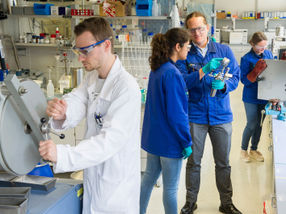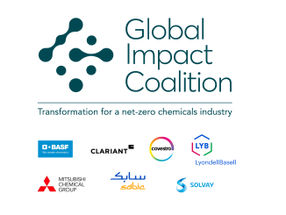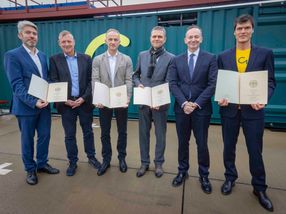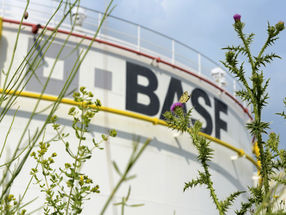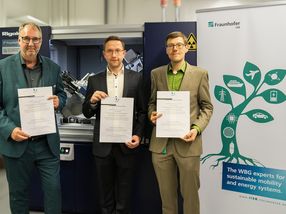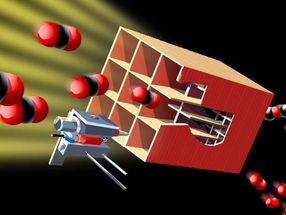Study says fuel cell can make substantial contribution to sustainability
Celanese's MEA can make fuel cells more cost-efficient and reliable - Pilot plant for the production of MEAs to become operational on September 2
The fuel cell will make a substantial contribution towards fulfilling the energy needs of a rising global population, according to a study prepared for Celanese AG by the IFOK GmbH Institute for Organization Communications. It will thus help meet the requirements of the United Nations' Agenda 21 model for sustainable development which states that economic development and rising energy requirements should be met without a deterioration in global living standards.
According to the IFOK study, it is not yet possible to make concrete predictions on future applications for fuel cells because the technology is still in the development phase. But fuel cells can use sustainable, renewable sources of energy as an alternative to fossil fuels such as coal and oil. In addition, they offer the benefits of high efficiency combined with low local emissions. The only disadvantage of fuel cells is that their manufacture is more detrimental to the environment than conventional alternatives, the IFOK said, adding that improvements could be achieved through the successful recycling of the platinum catalytic converter used in fuel cells, and by extending their useful working lives.
After studying the various types of fuel cell, the IFOK said fuel cells with proton exchange membranes (PEM) have significant advantages over other fuel cells, especially in portable and automotive applications. Celanese AG's research unit Celanese Ventures is the sole producer worldwide of high temperature membrane electrode assemblies (MEA) for PEM fuel cells. Compared to conventional fuel cells, which operate at 100°C, the Celanese MEA can operate at temperatures up to 200°C. This leads to convincing advantages:
- Cost effective purification of the hydrogen mix - Efficient use of heat in homes, offices and production - Smaller and more cost-effective cooling systems
"The end of oil as a source of energy is inevitable. Scarce resources, rising energy consumption and the so-called greenhouse effect are forcing mankind to seek alternative energy sources," said Professor Ernst Schadow, member of the Celanese AG Board of Management. "With our MEA technology, we are in a position to make a major contribution towards the production of energy on a sustainable basis."
The MEA is the core of the fuel cell and determines its performance and reliability. The market development and outlook for the Celanese MEA has encouraged the company to construct a pilot plant to produce them. Located in the industrial park in Hoechst, the pilot plant will go into operation on September 2.
A short version of the study can be ordered at Celanese AG, Kronberg.
Most read news
Topics
Organizations
Other news from the department research and development

Get the chemical industry in your inbox
From now on, don't miss a thing: Our newsletter for the chemical industry, analytics, lab technology and process engineering brings you up to date every Tuesday and Thursday. The latest industry news, product highlights and innovations - compact and easy to understand in your inbox. Researched by us so you don't have to.
